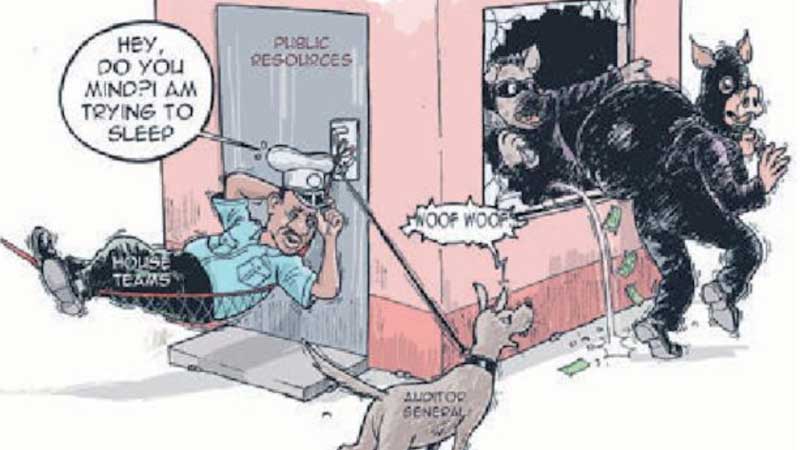×
The Standard e-Paper
Smart Minds Choose Us

The conduct and mandate of House committees has been a subject of concern among legislators and Kenyans at large. The conduct of members with regard to commenting on matters active before the courts, attendance and usurpation of meetings as “friends of committees”, “chasing of headlines” and cosying with witnesses portrayed the House in bad light.